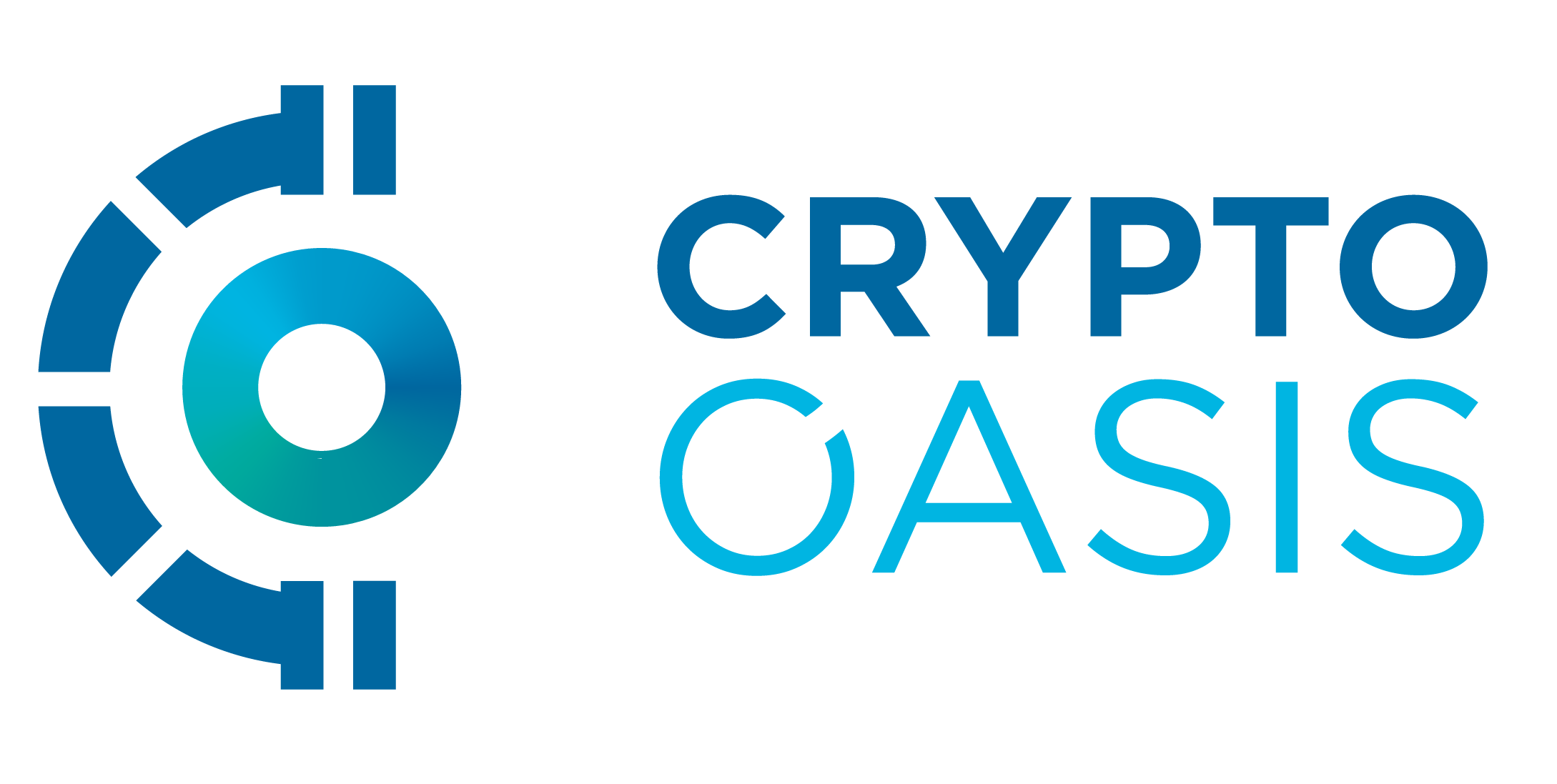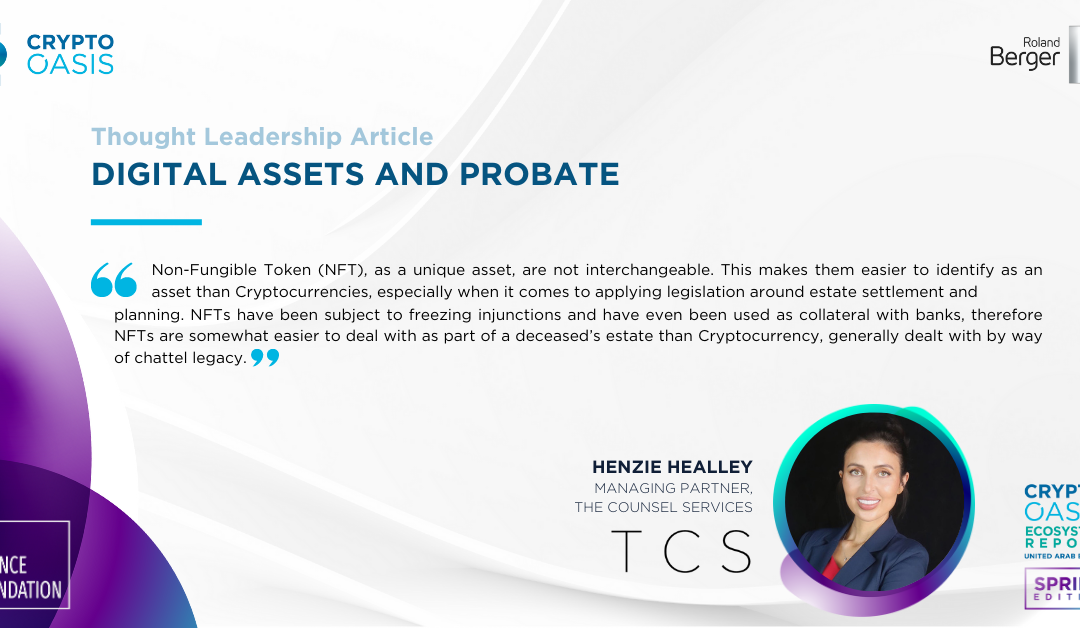Recently, the courts in various jurisdictions have started recognising digital assets as assets, while before, since they could not be held, were not recognised in the same way. But including a digital asset as part of an estate is not that easy. Why? Because there are standard terms and conditions imposed upon digital assets by Internet Service Provider (ISPs) which are offered on a take-it-or-leave-it basis when an account is set up. While most ISPs (and therewith their terms and conditions) recognise and deal with the intellectual property rights of an account holder, most grant the ISP a worldwide, royalty-free license over the contents of the account for the duration of the contract.
Most ISPs lack proper provisions to cover death and/or incapacity in their standard terms and conditions but this is not unreasonable given that the standard terms and conditions of most platforms do not account for death either.
Below are some standard provisions included in ISP terms and conditions which could be applied in the event an account holder dies:
Following a certain period of inactivity, the account could be terminated and/or deleted permanently,
A nominee/representative/person handling the deceased’s estate could be given limited access to the account and its contents,
Permission to access the account and its contents could be granted by probate, the presentation of a death certificate or some other reasonable form of evidence that the account holder died (for example, an obituary in a newspaper), with evidence of the person wishing to access the account’s relationship to the deceased, and
Memorialisation of content for a brief period of time following which, such information will be deleted.
Standard terms and conditions will vary from ISP to ISP. It is important for individuals to familiarise themselves with the terms and conditions of an ISP when setting up an account, especially any terms and conditions that relate to the death of the account holder, and plan ahead for such circumstances accordingly.
It should be noted that most ISP standard terms and conditions contract against the recording of login details and/or passwords (to protect confidentiality, data privacy and the account from being hacked) and accessing an online account without proper authority could be considered a criminal offense in some jurisdictions. Pursuant to the terms and conditions of most ISPs, it would also seem that legally, consent would need to be provided by the ISP and not the actual account holder.
Although it is unlikely that an ISP would take action for a breach of contract under the circumstances being discussed in this article, fiduciaries and advisors should always respect the terms and conditions of the contract entered into with the ISP and do their very best not to breach them.
One of the key issues for a person handling the estate of a deceased person when this relates and/or includes Cryptocurrencies is with regards to ownership and the ability to transfer tokens relies on access to a digital wallet which usually contains private and public cryptographic keys. Anyone having these, could transfer the Cryptocurrencies and so one can imagine that owners would be reluctant to provide such information prior to their passing.
While this could be provided as part of the instructions for an estate, in the case of Tulip Trading, the claimant in this case lost control of his private keys when his computer was hacked, owning a large amount of Cryptocurrencies on four digital exchanges. The claimant was not successful in arguing that the developers owed a fiduciary and tortious duty to persons participating in a network because they had the ability to intervene and restore control where private keys had been stolen, but the creation of a “patch” became a very real possibility.
Non-Fungible Token (NFT), as a unique asset, are not interchangeable. This makes them easier to identify as an asset than Cryptocurrencies, especially when it comes to applying legislation around estate settlement and planning. NFTs have been subject to freezing injunctions and have even been used as collateral with banks, therefore NFTs are somewhat easier to deal with as part of a deceased’s estate than Cryptocurrency, generally dealt with by way of chattel legacy. The NFT owner can leave their NFT to an elected person, company and/or other agency but the inclusion of digital assets under the actual definition of “personal chattels” or even “possession” must be made clear in the deceased’s will.
Identifying the need to be able to account for NFTs and other non-interchangeable digital assets, the UK legislature was amended from 1 October 2014 to include these in the definition of “personal chattels” (but this would not have retroactive effect and so wills signed before 1 October 2014 would not imply the same meaning to this as those after). Having said that, even this modernisation of the definition of “personal chattels” may in some cases, not be wide enough to cover digital assets in general, which by nature, are intangible and so anyone drafting a will should consider specifically defining “personal chattels” in the document and if possible, specifically identifying the NFTs or other digital assets which would be subject to the will and included in the deceased’s estate. The difficulty in drafting such provisions may mean that it may be better to have these covered through a separate document and/or put in a trust/foundation. It may also be sensible to include specific powers for the persons handling the deceased’s estate to deal in the digital assets of the deceased. While debatable what liabilities this could bring on such persons, its better argued when specific provisions for such actions have been included.

